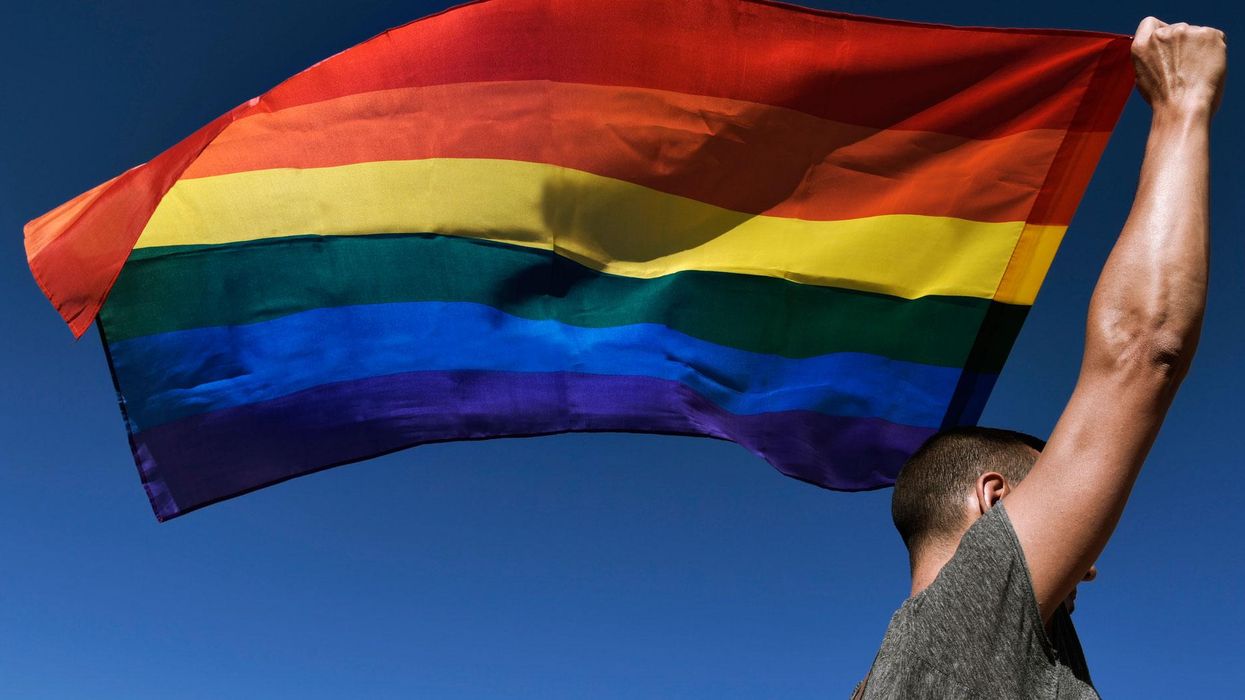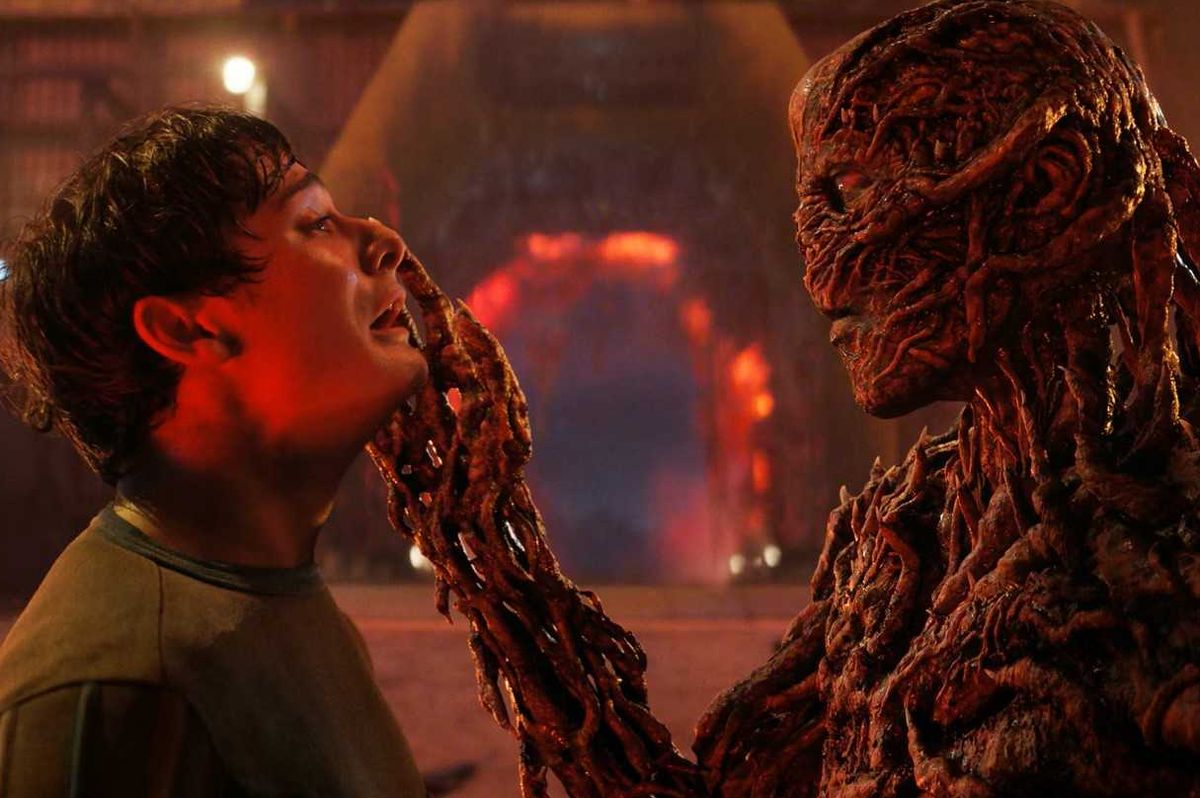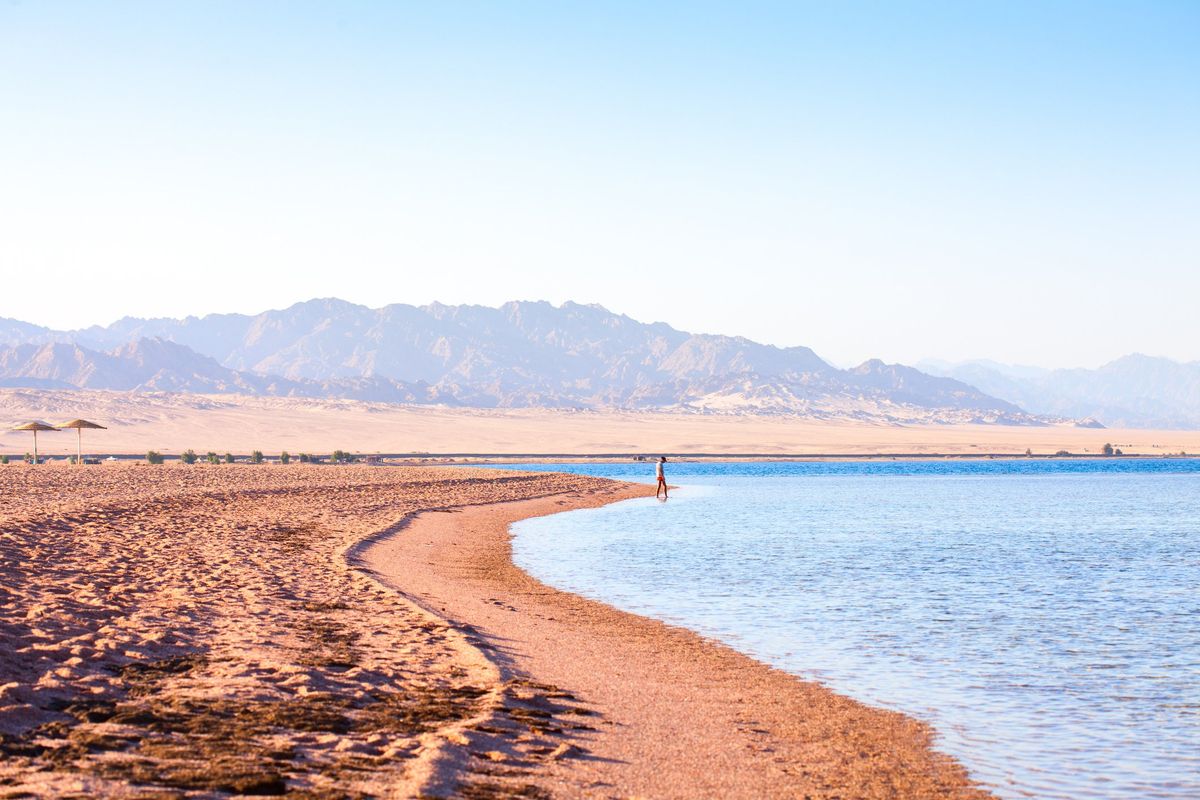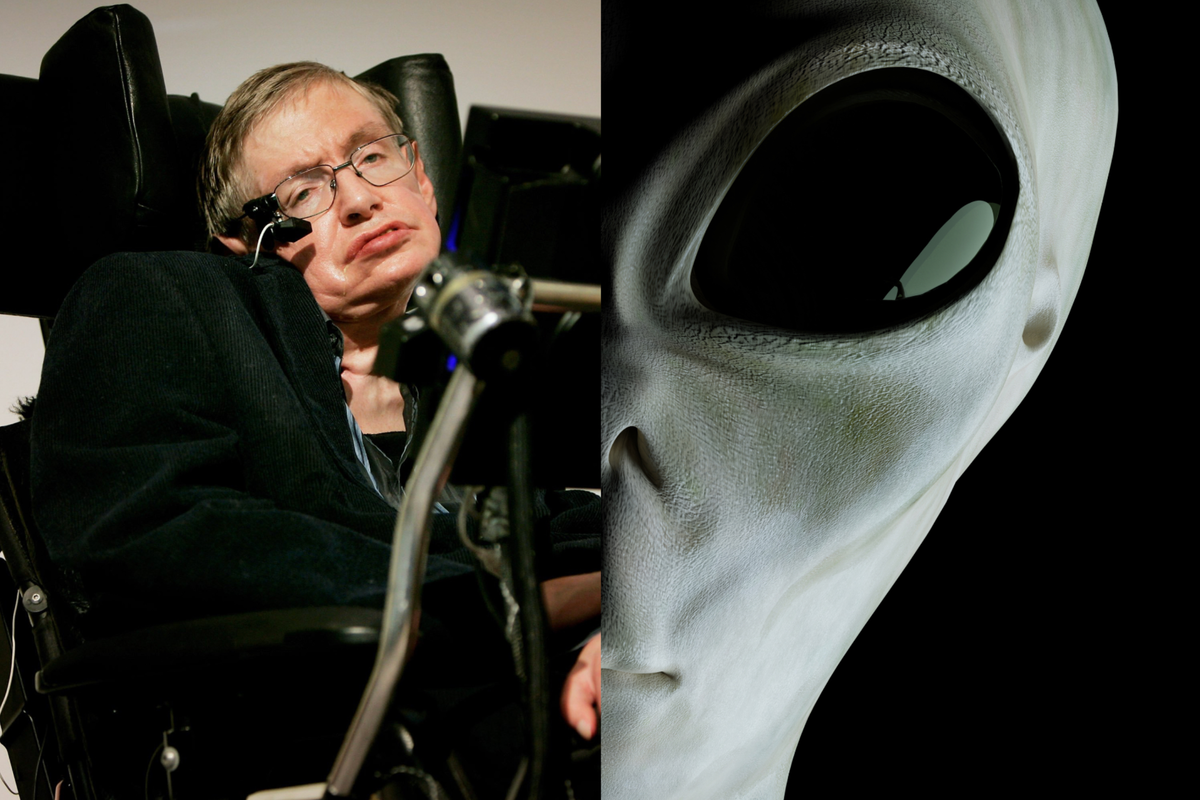News
Jake Hall
May 26, 2018

Picture:
iStock / nito100
Hawaii has become the 12th US state to sign a law prohibiting therapists from offering 'conversion therapy' to minors.
The law, which will come into effect on 1 July, marks a landmark step forward for LGBT+ rights in Hawaii, where similar bills have been introduced since 2013 but have repeatedly failed to gain traction.
In a speech given at a ceremony held at the Hawaii State Capitol building, David Ige - who signed the bill - explained:
The overwhelming scientific research has shown that conversion therapy is not effective and frequently has lasting harmful psychological impacts on minors.
For our LGBTQ youth, it often results in feelings of isolation, depression, and hopelessness. It has absolutely no place on our lovely islands.
'Conversion therapy', also often referred to as 'cure therapy', has been widely discredited and flagged by numerous human rights organisations.
Put simply, it is a psychological process designed to change a person's sexual orientation or gender identity; although reports predominantly focus on its usage in the context of homosexuality, some countries have even gone so far as to fund trans conversion therapy in recent months.
A report by Hawaii News Now pulls quotes from local youth to detail the importance of this ban. Andrea Kirk, aged 17, said:
A lot of my friends had parents who aren't as accepting as mine and they were considering conversion therapy options.
One friend of mine - a trans girl - her parents had the brochures and she was going to be sent away.
Other reports on 'conversion therapy' more generally detail the psychological trauma endured by those subjected to it, often without choice.
A shift in gender identity and sexuality cannot be psychologically forced, nor should it be - this is the message sent by the new law, which could act as a catalyst for other states to follow suit by raising awareness of this unjust practice.
More: Gay 'conversion therapy' is now illegal in Maryland, but here are all the places that still allow it
Top 100
The Conversation (0)













